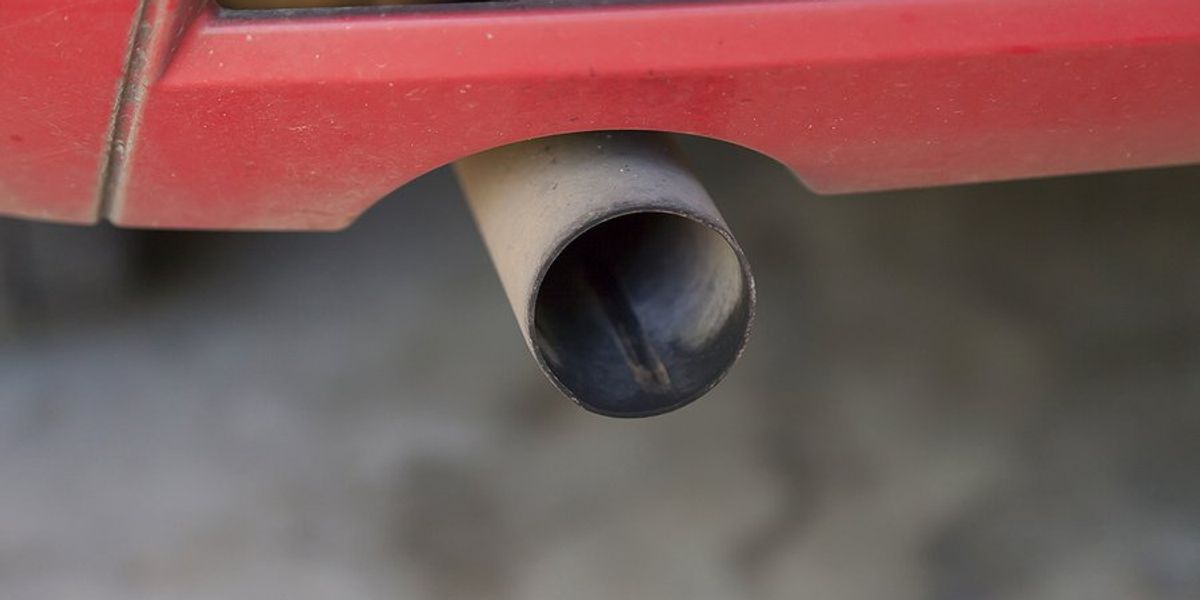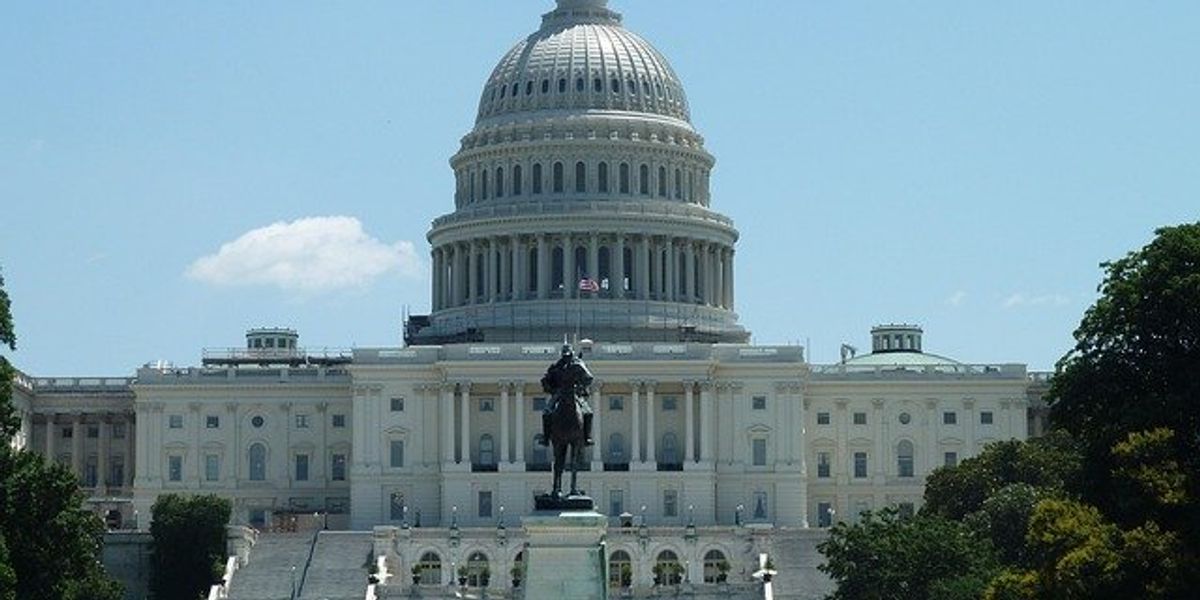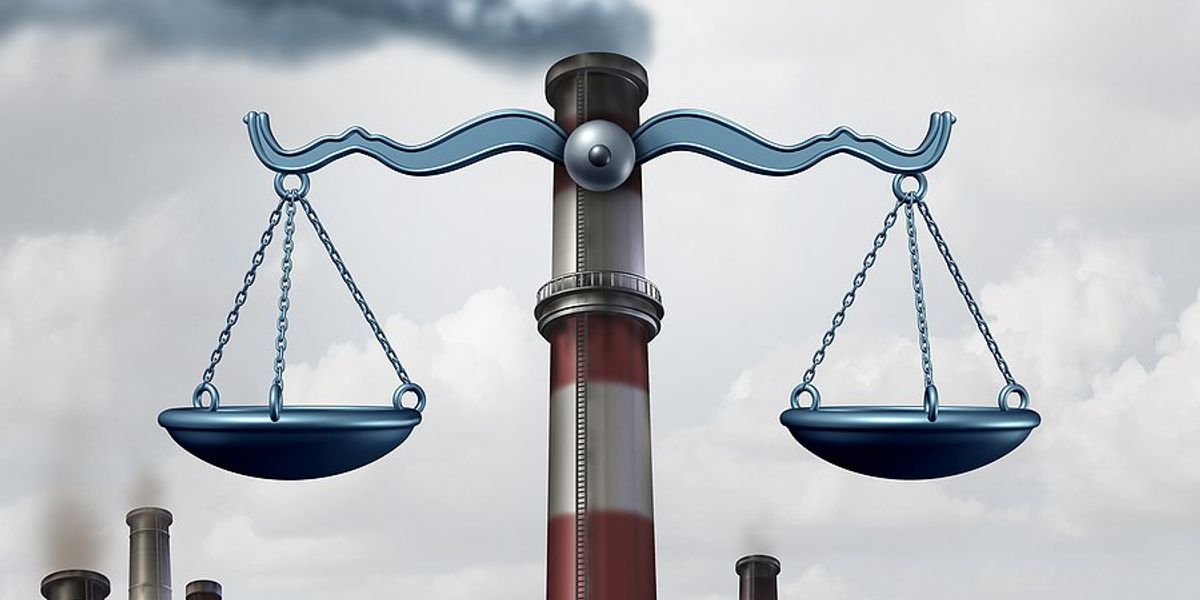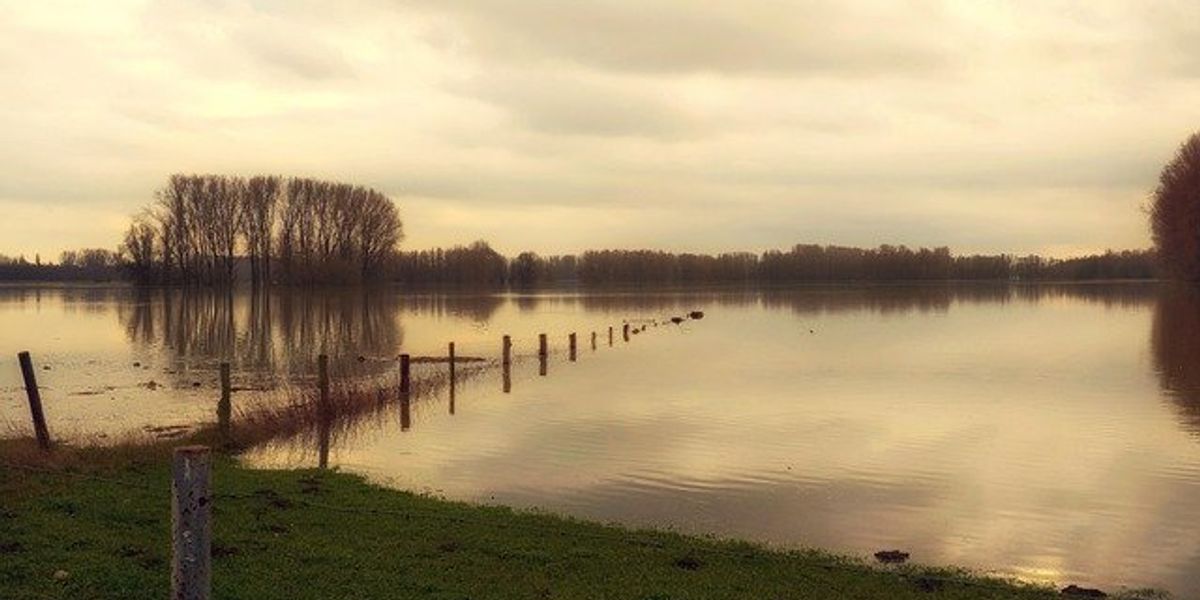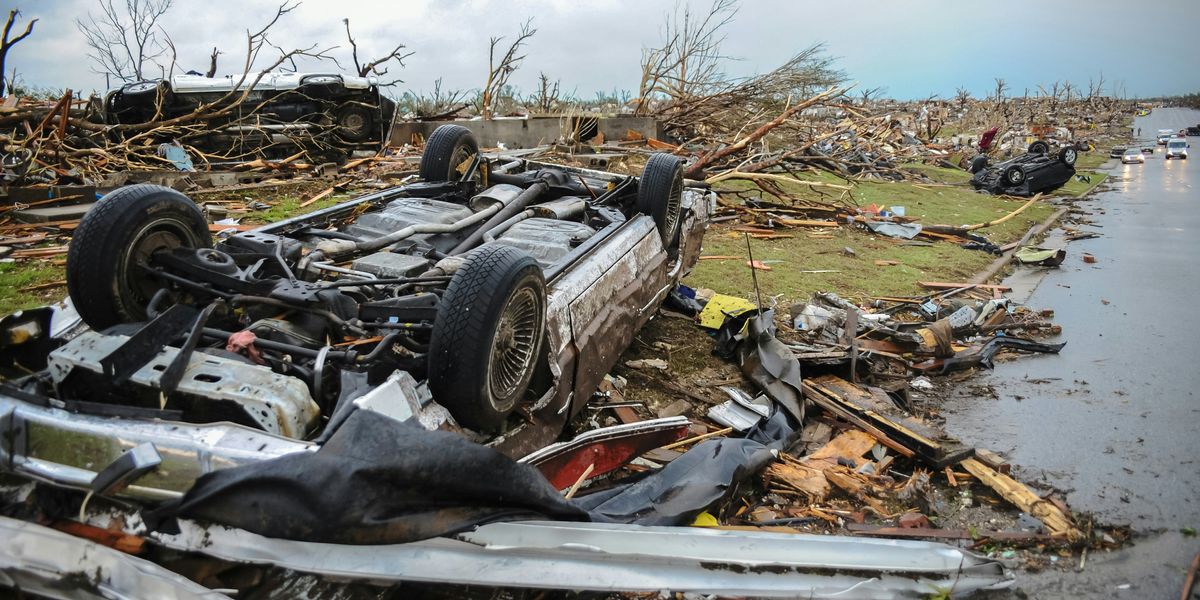
Trump's energy agenda prioritizes deregulation and exports, but faces limits
President-elect Donald Trump’s plans for energy policies center on deregulation and faster liquefied natural gas (LNG) export approvals, though challenges remain in increasing drilling and reducing foreign oil reliance.
Mike Soraghan, Heather Richards, Carlos Anchondo, Shelby Webb report for E&E News.
In short:
- Trump aims to roll back Biden-era energy regulations, including methane fees and bonding requirements, but some rules tied to Congress may remain unchanged.
- Expedited LNG export permits are a focus, with the Biden administration’s "pause" likely to be rescinded, though processing applications may take time.
- Despite calls for increased drilling, oil companies are hesitant to flood the market, as overproduction could harm profits.
Key quote:
“We’re not arguing that we don’t need to be regulated. But what we’re asking for is reasonable, not onerous regulation.”
— Mackie McCrea, co-CEO of Energy Transfer.
Why this matters:
Trump’s policies could shape U.S. energy markets by easing restrictions, affecting greenhouse gas emissions and public lands. However, economic realities like market-driven oil production and refinery capabilities limit what deregulation can achieve.
Related: Trump's choice of fracking CEO to lead Department of Energy widely criticized


